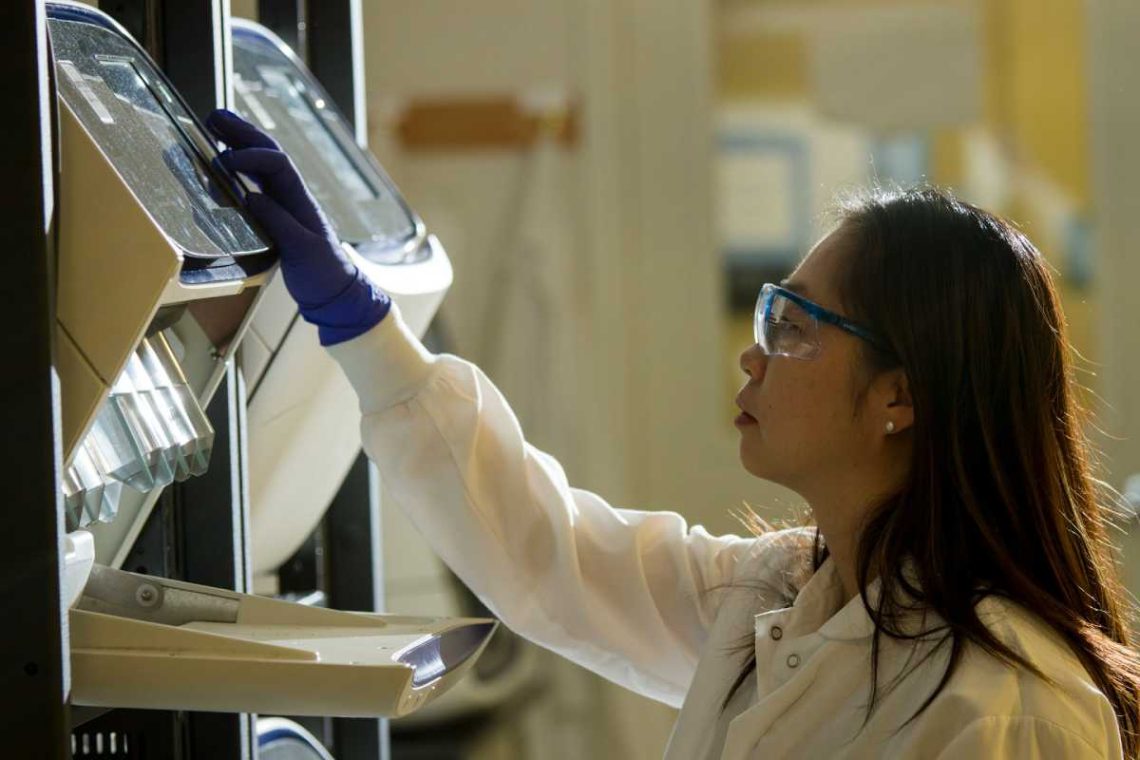Synthetic Biology : Science is moving fast these days. Every time you turn around, there is something new. One area grabbing attention is synthetic biology. It is changing how we think about life, health, and even the environment.
The idea of creating or redesigning living things sounds like something out of science fiction. But it is very real and already making waves in many industries.
Understanding Synthetic Biology
Many people are still wondering what this new field is all about. If you have ever asked yourself what synthetic biology is, you are not alone. It is basically about redesigning organisms to do things they would not normally do. Scientists tinker with DNA. They build new life forms or tweak existing ones for specific purposes.
This is not the same as old-school genetic engineering. Synthetic biology goes deeper. It lets researchers build biological systems from the ground up. That means more control and more possibilities. Researchers can design bacteria to perform specific tasks. They can also change plants or animals to solve problems or meet human needs.
Designer Organisms in Action
Synthetic biology is not just a theory. It is already being used in the real world. Scientists have created bacteria that eat plastic. Others have designed yeast that makes medicine. There are even lab-grown meat products that come from this technology.
These designer organisms fix things. They help cut down on waste. They can help reduce pollution. They can also come up with new ways to make food, fuel, and medicine. Honestly, when you really think about it, it’s just so incredible. Some businesses are making synthetic microbes that make vitamins. Others are making plants that can grow in bad weather.
Synthetic biology is also finding its way into cosmetics and textiles. Some beauty products now use lab-grown ingredients. There are even fabrics made from engineered spider silk. The applications seem endless.
The Promise for Healthcare
One of the most important areas where synthetic biology could make a difference is in health care. Researchers are using it to make new medicines. They are making small biological machines that can find and kill cancer cells. They are also trying to make vaccines faster.
The possibilities feel endless. Imagine a world where diseases are stopped before they spread. Or where rare conditions finally have cures. Synthetic biology could make that happen someday. Doctors might one day use engineered cells to repair damaged tissues. Or to deliver drugs directly to the right part of the body.
Another exciting area is gene therapy. Synthetic biology could help correct faulty genes that cause inherited diseases. It might even help reverse conditions that were once thought to be untreatable.
Environmental Impact
Our planet faces big challenges. Climate change. Pollution. Shortages of natural resources. Synthetic biology could help with all of these.
Some researchers are designing algae that soak up carbon dioxide. Others are working on biofuels that don’t harm the environment. There are even projects creating bacteria to clean up oil spills. The tools of synthetic biology give us new ways to care for the Earth.
Scientists are also trying to make trees that aren’t real. These fake plants might be able to soak up pollution faster than real trees. Some people are making bio-based plastics that break down on their own. These new ideas could really help cut down on damage to the environment.
Ethical Questions and Concerns
With new technology comes new questions. Synthetic biology is powerful. But is it safe? Should we be creating new life forms? What if something goes wrong?
Many people worry about the risks. There are concerns about biosecurity and unintended consequences. Some fear the idea of “playing God.” These are valid points. That is why strict guidelines and careful research are so important.
There is also the issue of access. Will these technologies be available to everyone? Or only to wealthy nations? How do we make sure synthetic biology benefits all of humanity and not just a few? These are the kinds of ethical questions that need thoughtful answers.
The Future of Synthetic Biology
The future looks bright but also unpredictable. As the field grows, we will see more designer organisms. Some will tackle health issues. Some will protect the environment. Others might create new industries we cannot even imagine yet.
It is an exciting time. But it is also a time to ask big questions. How do we use this technology wisely? How do we make sure it helps people without causing harm? Education will be key. More people need to understand what synthetic biology is and how it works. That way, society can make informed decisions about its use.
Governments and scientists must work together. They need to create clear rules and safety checks. They also need to think ahead about how these tools could be misused.
Final Thoughts
Synthetic biology is here to stay. It is already shaping industries and opening up new possibilities. From healthcare to the environment, the impact could be huge.
If you have ever wondered what synthetic biology is, now you know it is about creating new life for new solutions. It is about using science to solve big problems. And while there is still a lot to figure out, one thing is clear. We are only beginning to understand how this technology will change the world.
The road ahead is both exciting and scary. Synthetic biology has the potential to make our lives better. But it also needs careful thought and responsible action. The decisions we make today will affect the lives of people for a long time to come.

